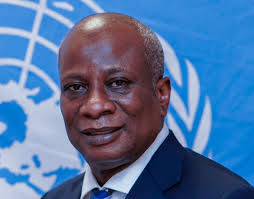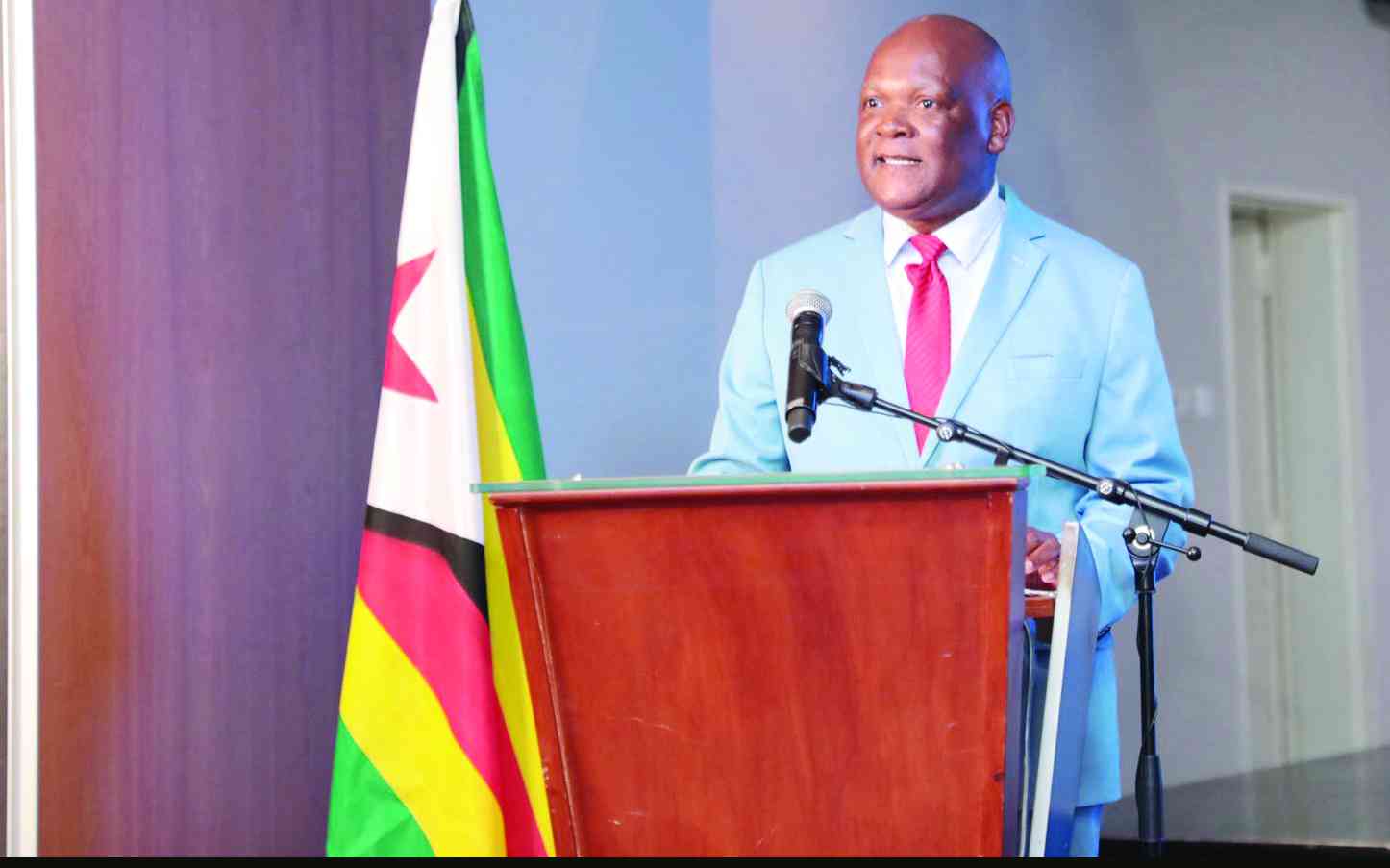THE Zimbabwe Peace Project (ZPP)’s recent factsheet puts forward key human rights issues which need urgent redress by stakeholders, including government, to ensure that persons with disabilities (PWDs) enjoy their rights in Zimbabwe.
With regards to the disability fraternity, ZPP notes with concern that there has been an increase in civil, political and socio-economic rights violations in the months of June and July 2022.
Perpetrators of the human rights violations mapped include the ruling Zanu PF party, Zimbabwe Republic Police, the Zimbabwe National Army and the opposition Citizens Coalition for Change.
Victims of human rights violations included PWDs. Female PWDs made up 0,14% and male PWDs 0,13% of victims of socio-economic and civil and political rights in the month of July.
PWDs have continued to be a vulnerable constituency by being victims of violations to socio-economic rights they should enjoy.
ZPP notes with concern the 31 cases where food and other aid distribution was politicised in which cases PWDs were victims in the period under review.
Keep Reading
- Sanyati pupil scoops national peace prize
- Disability advocates push for equal participation in politics
- Chinese labour abuse under probe: Govt
- Letters: Zim needs the world
On July 15, ZPP recorded an incident in which the Bulawayo municipal police went around arresting and confiscating goods of vendors for selling from undesignated sites.
ZPP also detected that it was a joint operation where police officers were arresting vendors who were accused of operating spaza shops illegally without licences.
Mchasiseli Ndiweni (35) is reported to have been manhandled by the Bulawayo municipal police, in the process sustaining an injury to his hand when he was forcefully thrown into the truck.
This followed a similar incident that took place in February in the Harare central business district in which a PWD, Blessing Tinashe, was harassed and accused of illegally operating a vending stall.
On August 5, Bulawayo municipal police also raided vendors along 6th Avenue and confiscated second-hand clothing and other wares.
Many PWDs were left counting their losses as most of the goods they were selling were taken by the municipal police.
Most PWDs interviewed lamented the discrimination they suffered owing to the failure of many institutions to appreciate their situation.
They argue that many in their constituency have been forced to resort to vending since in the past no one prioritised their education.
PWDs have become more and more vulnerable to human rights violations without any form of protection or any source of recourse as some of the violations are perpetrated by State security agents.
In line with the national disability policy, ZPP recommends government to adopt the following interventions to ensure that persons with disabilities exercise socio-economic and civil and political rights without limitation:
lLaw enforcement agents should invest in training and sensitising their officers on how to deal with issues involving PWDs
lState institutions should take advantage of the recently concluded 2022 population and housing census to map areas where there are PWDs and adopt measures that facilitate for the removal of barriers that create and enhance disability
lThe Population and Housing Census of 2022 Report as well as the national disability policy should complement each other to provide opportunities in line with the Constitution for decent work, protection of labour rights, access to information, education, healthcare, housing and access to justice. - ZPP
Taungana Ndoro is wrong on ‘boarding a luxury’ notion
I READ recently a comment by Primary and Secondary Education ministry spokesperson Taungana Ndoro, where he said the ministry considers sending learners to boarding school as a luxury.
He was responding to complaints by parents about the exorbitant fees charged by both day and boarding primary and secondary schools.
I declare to all and sundry that the young director (according to his photo in the Press) is in the wrong job.
Education is not and never was a luxury in all of humanity’s existence, regardless of where it is gotten, how low it is gotten and at what cost. Ndoro needs to study more about human sciences.
Sending a child to a boarding school is a choice and not a luxury: a choice between two environments. And choice is a basic right to be enjoyed by all.
A boarding school is a one-stop shop and has to be more expensive than a day school, for obvious reasons; but it is not a luxury, for Pete’s sake!
Boarding schools are a means of decongesting day schools, especially in urban areas where the population continues to grow exponentially each year.
More than ever before, Zimbabwe badly needs more boarding schools in rural areas in order to stem the rural to urban migration tide. And you know what Ndoro, it will be the urban-based parents who will send their children to the countryside to enjoy the health-promoting aesthetic and pristine environment.
The word private is self-explanatory. Private schools are owned by private investors. They are based on class distinction and they make no secret about it.
They are run by boards of directors and employ their own teachers and their fees are not subject to ministerial “approval” or otherwise.
They are provided for under section 75 of the Constitution of Zimbabwe. Ndoro, if I decipher correctly, his use of the word “luxury” seems to erroneously conflate missionary and private schools, thus giving the general public the impression that the two are the same when, in fact, they are at polar positions.
Fees at private schools are the king’s ransom, if you will, virtually. One would not be betraying one’s honest by observing that their standards are far higher comparatively speaking.
Maybe Ndoro would like to tell us what constitutes school fees and levies when the Constitution prohibits that and why does his ministry approve payments by parents for church school teachers conferences and a myriad other “associations”?
He must also state why it is that parents are not allowed direct contact with the ministry before budgets are approved.
No, boarding schools are not a luxury. They have produced the cream of professionals in the country.
They are the pioneers and trailblazers of African education, especially in rural Zimbabwe. - Martin Stobart
Govt must quickly address UZ fees issue
WE demand a review on the tertiary institution fees that were recently reviewed.
The recent hike in University of Zimbabwe (UZ) fees does not make sense and is grossly unfair.
The recently pegged fees are unreasonably too high and in addition, three-quarters of the parents with children at this institution are civil servants who receive peanuts as salaries and will not be able to pay these absurd fees.
There must be a balance between the cost of living of the majority and these ridiculous tertiary fees.
We, hereby, demand a review of the fees taking into consideration the above-mentioned facts.
These State institutions must be charging minimum fees in respect to the costs of living of the people, not end up competing with private schools.
The Higher and Tertiary Education minister should address this issue as soon as possible because this will result in a lot of dropouts, which will be a loss of intellectual capacity for the country. - Everjoy Chidindi, LEAD presidential spokesperson





